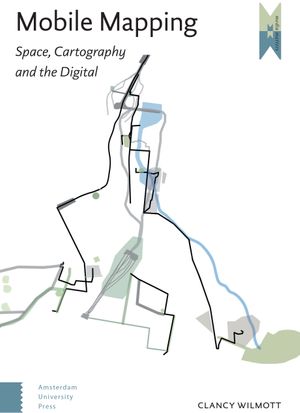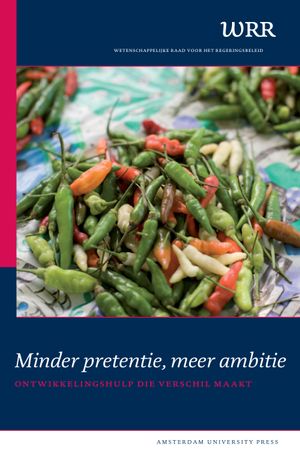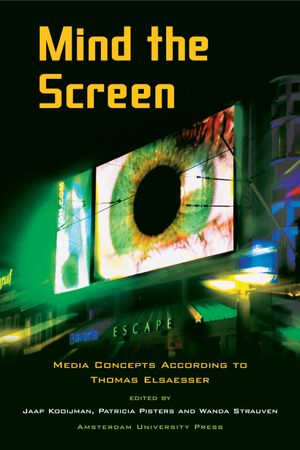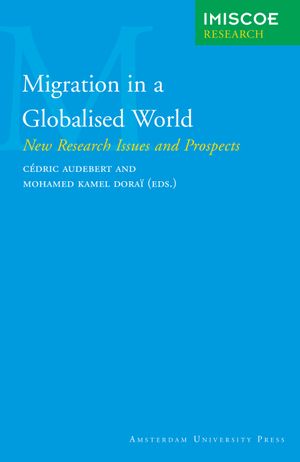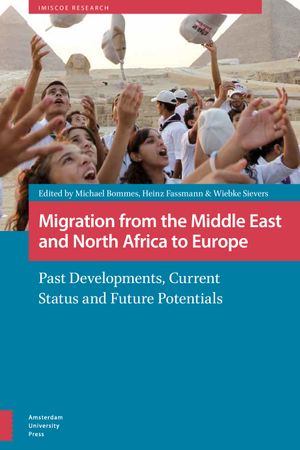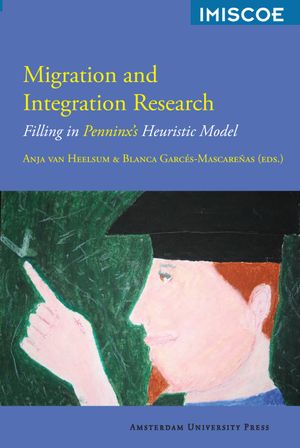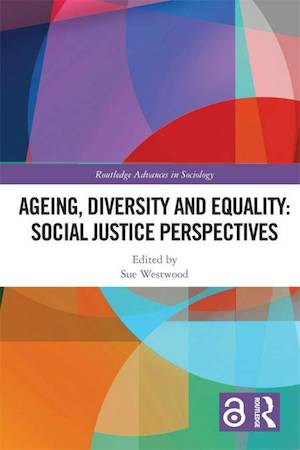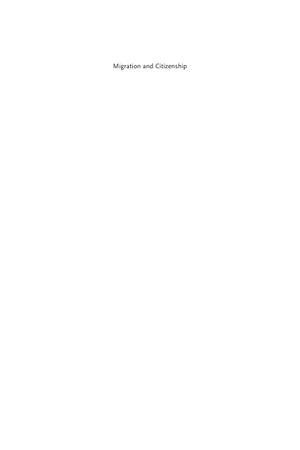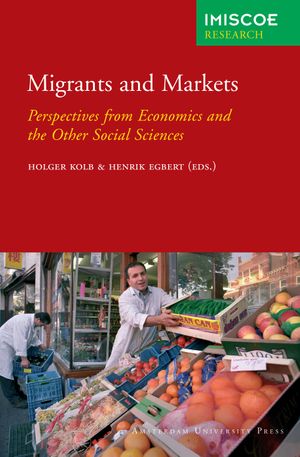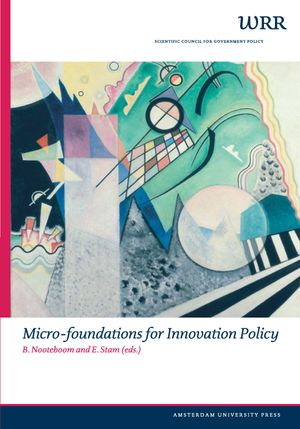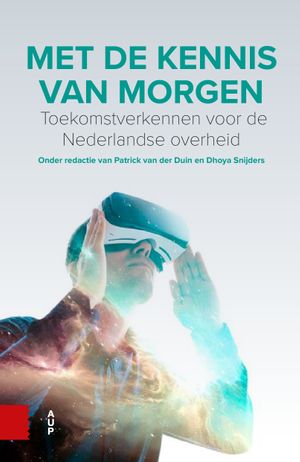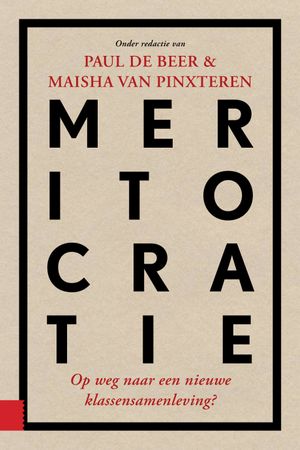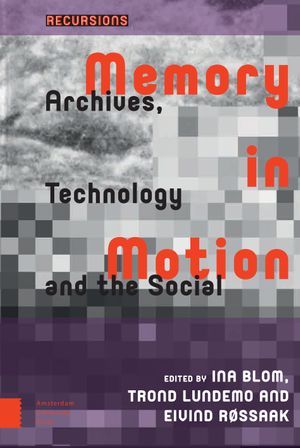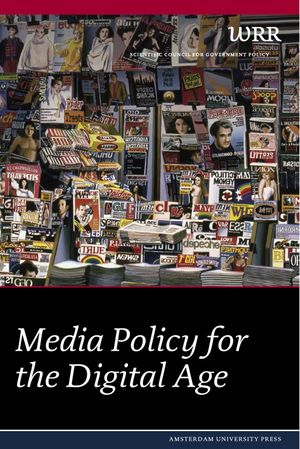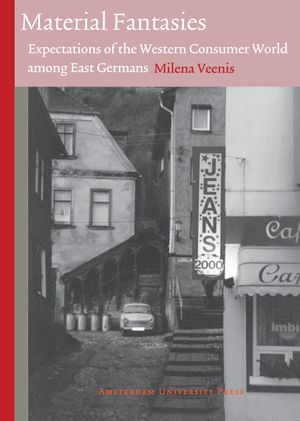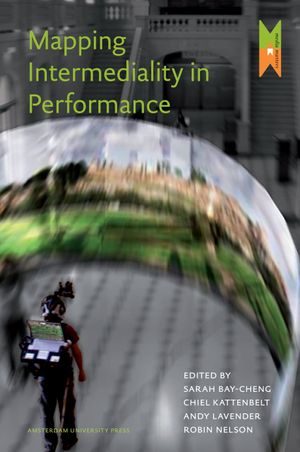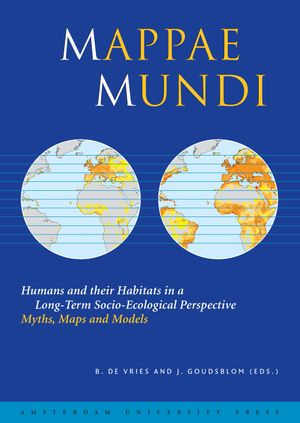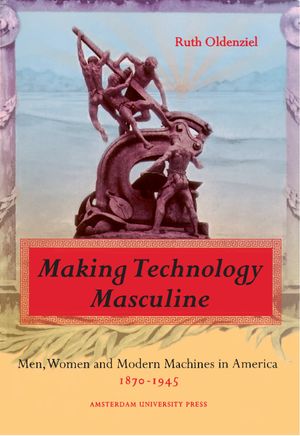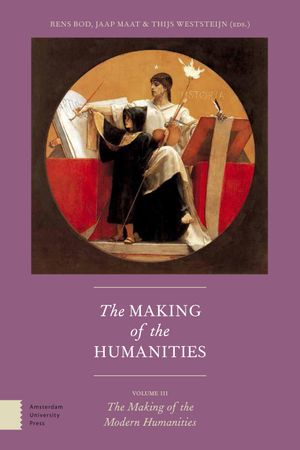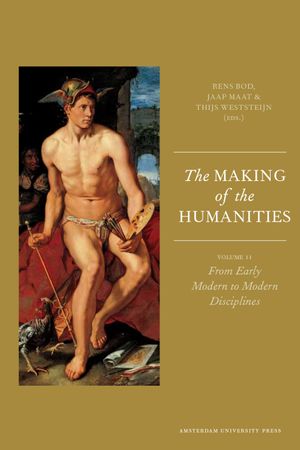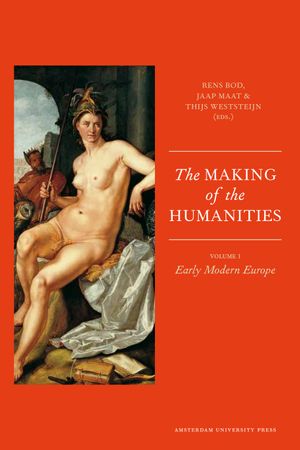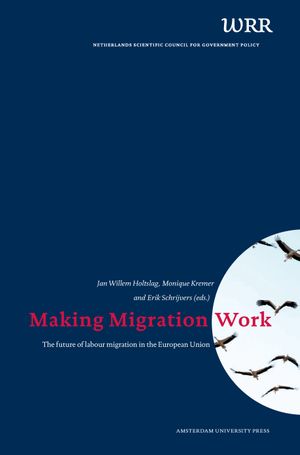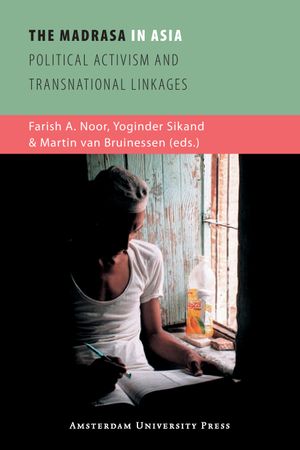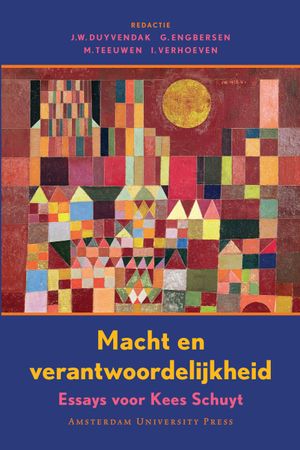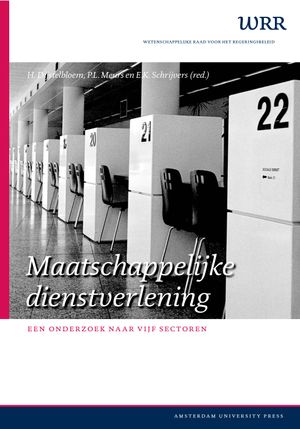Mobile Screens
Nanna Verhoeff’s new book is a must for anybody interested in visual culture and media theory. It offers a rich and stimulating theoretical account of the central dimension of our contemporary existence – interfacing and navigating both data and physical world through a variety of screens (game consoles, mobile phones, car interfaces, GPS devices, etc.) In the process of exploring these new screen practices, Verhoeff offers fresh perspectives on many of the key questions in media and new media studies as well as a number of new original theoretical concepts. As the first theoretical manual for the society of mobile screens, this book will become an essential reference for all future investigations of our mobile screen condition. – Lev Manovich
Mobile Mapping: Space, Cartography and the Digital
This book argues for a theory of mobile mapping, a situated and spatial approach towards researching how everyday digital mobile media practices are bound up in global systems of knowledge and power. Drawing from literature in media studies and geography – and the work of Michel Foucault and Doreen Massey – it examines how geographical and historical material, social, and cultural conditions are embedded in the way in which contemporary (digital) cartographies are read, deployed, and engaged. This is explored through seventeen walking interviews in Hong Kong and Sydney, as potent discourses like cartographic reason continue to transform and weave through the world in ways that haunt mobile mapping and bring old conflicts into new media. In doing so, Mobile Mapping offers an interdisciplinary rethinking about how multiple translations of spatial knowledges between rational digital epistemologies and tacit ways of understanding space and experience might be conceptualized and researched.
Mind the Screen
Mind the Screen pays tribute to Thomas Elsaesser, a pioneering and leading scholar in the field of film and media studies. The contributions present a close-up of media concepts developed by Elsaesser, providing a mirror for all types of audiovisual screens, from archaeological pre-cinematic screens to the silver screen, from the TV set to the video installation and the digital e-screen, and from the city screen to the mobile phone display. The book is divided into three ‘Acts’: Melodrama, Memory, Mind Game; Europe-Hollywood-Europe; and Archaeology, Avant-Garde, Archive.
Migration Policymaking in Europe
This important work analyses immigration and immigrant inclusion policies in ten European countries, examining how such policies are formed and subsequently implemented. The study singles out the important role of usually overlooked factors and actors that significantly affect policymaking alongside the formal legal framework. It also identifies similarities and diversities in European immigration policies.
Migration in A Globalised World
The last two decades have witnessed sweeping changes in the composition, orientation and dynamics of international migration. While it’s no surprise these transformations affect societies of origin and settlement, we still seek to understand how and why they carry with them certain social challenges. Migration in a Globalised World shines a light. Ten chapters astutely present theoretical and empirical insights by experts in the fields of international migration and social cohesion, transnationalisation, the migration-development nexus and the ever-blurring categories of refugee and asylum seeker. With its broad thematic scope and lively dialogue between French, Anglo-Saxon and Northern European academic traditions, this volume offers a major new perspective to further research and, potentially, to improve the quality of life in a globalised world.
Migration from the Middle East and North Africa to Europe: Past Developments, Current Status and Future Potentials
One of the most important challenges concerning the future of the European Union is the demographic reproduction of the European population. Decreasing birth-rates and the retirement of the baby boomers will dramatically reduce the labour force in the EU, which will entail not only a lack of manpower but also lower contributions to European social systems. It seems clear that the EU will have to counterbalance this population decrease by immigration in the coming years. Migration Between the Middle East, North Africa and Europe takes this challenge as a point of departure for analysing the MENA region, in particular Morocco, Egypt and Turkey, as a possible source of future migration to the European Union. At the same time, it illustrates the uncertainties implied in such calculations, especially at a time of radical political changes, such as those brought about by the Arab Uprising.
Migration and Integration Research
Rinus Penninx’s groundbreaking work has helped to systematise and classify existing research in the field of migration and ethnic studies. His heuristic model makes an important distinction between immigration and integration research and, within the latter, between socio-economic, ethno-cultural and legal-political dimensions. Written as a tribute to Penninx, this volume consists of contributions by 15 of his former PhD students covering all the main categories of his heuristic model.
Ageing, Diversity and Equality: Social Justice Perspectives
Current understandings of ageing and diversity are impoverished in three main ways. Firstly, with regards to thinking about what inequalities operate in later life there has been an excessive preoccupation with economic resources. On the other hand, less attention has been paid to cultural norms and values, other resources, wider social processes, political participation and community engagement. Secondly, in terms of thinking about the ‘who’ of inequality, this has so far been limited to a very narrow range of minority populations. Finally, when considering the ‘how’ of inequality, social gerontology’s theoretical analyses remain under-developed. The overall effect of these issues is that social gerontology remains deeply embedded in normative assumptions which serve to exclude a wide range of older people. This book aims to challenge and provoke the above described normativity and offer an alternative approach which highlights the heterogeneity and diversity of ageing.
Migration and Citizenship
Citizenship is frequently invoked both as an instrument and goal of immigrant integration. Yet, in migration contexts, citizenship also marks a distinction between members and outsiders based on their different relations to particular states. A migration perspective highlights the boundaries of citizenship and political control over entry and exit as well as the fact that foreign residents remain in most countries deprived of core rights of political participation. This book summarizes current theories and empirical research on the legal status and political participation of migrants in European democracies.
Migrants and Markets
The established academic discipline that is economics and migration research – as a growing sub-discipline that has inevitably transgressed its own academic bounds – have long treated each other with mutual indifference. While migration research has suffered from a normative overstretch, economics has often reduced its analytical scope to those areas that traditionally belong to the ‘genuine’ economic sphere. Migrants and Markets contains eleven case studies that aim to overcome this artificially imposed barrier between economics and migration research. This is accomplished by applying economic methods to migratory phenomena, using economic theories to explain migratory patterns and by approaching the structure and development of markets as integral to the shaping of stocks and flows of migrants.
Migrant Protest: Interactive Dynamics in Precarious Mobilizations
Migrant protest has proliferated worldwide in the last two decades, explicitly posing questions of identity, rights, and equality in a globalized world. Nonetheless, such mobilizations are considered anomalies in social movement studies, and political sociology more broadly, due to ‘weak interests’ and a particularly disadvantageous position of ‘outsiders’ to claim rights connected to citizenship. In an attempt to address this seeming paradox, this book explores the interactions and spaces shaping the emergence, trajectory, and fragmentation of migrant protest in unfavourable contexts of marginalization. Such a perspective unveils both the odds of precarious mobilizations, and the ways they can be temporarily overcome. While adopting the encompassing terminology of ‘migrant’, the book focusses on precarious migrants, including both asylum seekers and ‘illegalized’ migrants.
Micro-foundations for Innovation Policy
In economics, business, and government policy, innovation policy requires the creation of new approaches based on insight in what happens in innovation processes, on the micro level of people, firms and interaction between them. In innovation policy it should also be recognized that innovation entails a whole range of activities beyond R&D, such as entrepreneurship, design, commercialization, organization, collaboration and the diffusion of knowledge and innovations . This edited volume explores the roles of individuals and organizations involved in the creation and application of innovations. Covering topics as diverse as the macro-economic importance of innovation, theories of knowledge and learning, entrepreneurship, education and research, organizational innovation, networks and regional innovation systems, Micro-Foundations for Innovation Policy provides critical insights into the development of innovation policy.
Met de kennis van morgen
This book is about the role and impact of future explorations in the Dutch government landscape. It presents a diverse range of future explorations and thus shows the broad instruments that advisory councils and public knowledge institutions have developed to deliver future-proof information. The contributions in this publication are from eleven public knowledge institutes and advisory boards that carry out future research themselves and publishing: the Advisory Council for Science, Technology and Innovation (awti), the Central Bureau for Statistics (cbs), the Genetic Modification Committee (cogem), the Central Planning Bureau (cpb), the Royal Dutch Meteorological Institute (knmi), the Netherlands Environmental Assessment Agency (PBL), the Rathenau Institute, the National Institute for Public Health and Environment (rivm), the Social and Cultural Planning Office (scp), the Foundation for the Future of Technology (stt) 1 and the Scientific Council for Government Policy (wrr). On the basis of recent explorations of the future, per chapter as a case be elaborated will be different methods and techniques are presented that they use to get a grip on the future. Here insight is given into the way in which future explorations find their way to the Dutch political decision-making and the impact they have.
Meritocratie: Op Weg Naar Een Nieuwe Klassensamenleving
De meritocratie gold lange tijd als belofte voor een meer open en gelijke samenleving. Een samenleving waarin mensen hun maatschappelijke positie verkrijgen op basis van hun eigen verdiensten. Maar wat als die verdiensten in hoge mate worden bepaald door je afkomst? Als een kind van hoogopgeleide ouders aanzienlijk meer kans maakt op succes in het onderwijs en op de arbeidsmarkt dan een kind van laagopgeleide ouders? En als ook nog eens blijkt dat het merendeel van de bevolking – inclusief de ‘verliezers’ – deze meritocratische principes onderschrijft? In Meritocratie: op weg naar een nieuwe klassensamenleving? Beschrijven gerenommeerde Nederlandse onderzoekers in hoeverre het huidige Nederland daadwerkelijk een meritocratische samenleving is. Vervolgens brengen zij de maatschappelijke gevolgen van hun bevindingen in kaart. Mondt de meritocratie niet uit in een nieuwe klassensamenleving, waarin de scheidslijnen nog scherper en hardnekkiger zijn dan in de voorbije industriële samenleving?
Memory in Motion: Archives, Technology, and the Social
How do new media affect the question of social memory? Social memory is usually described as enacted through ritual, language, art, architecture, and institutions ? phenomena whose persistence over time and capacity for a shared storage of the past was set in contrast to fleeting individual memory. But the question of how social memory should be understood in an age of digital computing, instant updating, and interconnection in real time, is very much up in the air. The essays in this collection discuss the new technologies of memory from a variety of perspectives that explicitly investigate their impact on the very concept of the social. Contributors: David Berry, Ina Blom, Wolfgang Ernst, Matthew Fuller, Andrew Goffey, Liv Hausken, Yuk Hui, Trond Lundemo, Adrian Mackenzie, Sónia Matos, Richard Mills, Jussi Parikka, Eivind Røssaak, Stuart Sharples, Tiziana Terranova, Pasi Väliaho.
Memory Culture of the Anti-Leftist Violence in Indonesia: Embedded Remembering
This book examines how community remembers one of the most gruesome acts of violence in the 20th century: the anti-communist violence in 1965 in Indonesia. Through a case study in a rural district in East Java, this research presents complexities of memory culture of violence. These memories are not exclusively determined by the state’s repressive memory project, but are actually embedded in intricate social relations and local context where the violence occurred. What people remember, forget, or silenced is part of the continuous negotiation to claim one’s right, to relate to the state, and to be Indonesian citizen. This book redefines the politics of memory – that it does not necessarily appear in formal arenas, but actually lies in the intricate web of local dynamics, often involving transactional and clientelistic practices.
Media Policy for the Digital Age
Traditionally, the Netherlands has enjoyed being a test market for many ideas in the media. But over the last decade, progress has been severely hampered by lengthy discussions on the future structure of just one sector of media, namely public broadcasting via radio and television. The narrow approach results in a lot of paper, speeches and theories, but little in the way of definitive policy making. In a report to the government, published in February 2005, the Scientific Council for Government Policy (WRR) argued for very different approaches to policy making. The recommendations are not only much broader than “broadcasting”; they tackle the challenges of making robust policy from new angles. Instead of trying to repair the old compass, the approach has been to find new instruments to help policymakers navigate the stormy and often confusing waters ahead. Perhaps the problem in the Netherlands is not accepting the new media, but rather accepting that the role “old” media has undergone a paradigm shift. Since the bulk of the WRR findings were published in the Dutch language, this summary is intended to provide readers outside the Netherlands with an insight into the issues at stake – and the solutions suggested by the WRR. Also available in Dutch”http://www.aup.nl/do.php?a=show_visitor_book&isbn=9789053567333″>Focus op functies
Material Fantasies: Expectations of the Western Consumer World among East Germans
In 1989 news broadcasts all over the world were dominated for weeks by images of East Germans crossing the Berlin Wall to West Germany. But what did the East Germans expect to find when they excitedly broke through the Wall? And what did they actually find when they made it over to the other side? This study draws on fifteen months of research into both the lives of East Germans before the fall of communism and their fast-changing world after they embraced capitalism. Grounded in powerful anthropological insights, Milena Veenis argues persuasively that national identifications and the bond between state and citizenry in both East and West Germany over the past twenty years has been shaped by the far-fetched, socialist and capitalist promises of consumption as the road to ultimate well-being. These promises also functioned as a way to cover up the more shameful and dirty aspects of both countries’ history and social life.
From Orientalism to Cultural Capital: The Myth of Russia in British Literature of the 1920s
From Orientalism to Cultural Capital presents a fascinating account of the wave of Russophilia that pervaded British literary culture in the early twentieth century. The authors bring a new approach to the study of this period, exploring the literary phenomenon through two theoretical models from the social sciences: Orientalism and the notion of «cultural capital» associated with Pierre Bourdieu. Examining the responses of leading literary practitioners who had a significant impact on the institutional transmission of Russian culture, they reassess the mechanics of cultural dialogism, mediation and exchange, casting new light on British perceptions of modernism as a transcultural artistic movement and the ways in which the literary interaction with the myth of Russia shaped and intensified these cultural views.
Mapping Intermediality in Performance
This volume examines afresh the impact upon acting and performance of digital technologies. It is concerned with how digital culture combines the traditional ‘liveness’ of theatre with media interfaces and internet protocols. The time and space of the ‘here and now’ are both challenged and adapted, just as barriers between theatre-makers and the ‘experiencers’ of events are broken down. Today many of us are everyday players performing the interconnectedness of digital culture and a key aim of the book is to unpack the multiple interrelations within the landscape of contemporary performance. Access to a range of ‘instances’ (The Builders Association, Castellucci, Castorf, Gob Squad, Lepage, Second Life and VJing) is through ‘portals’ which afford perspectives on the main characteristics of theatre and performance in the digital age.
Mappae Mundi
Never before in history was the interaction between people and their natural environment as complex and problematic as it is today. A proliferation of scientific research has yielded valuable insights into various aspects of this interaction from the angle of many disciplines – the natural sciences, the social sciences, archaeology and history, ecological studies. The diversity of approaches has created a need for synthesis, for a study that transcends the boundaries of traditional fields of study. In this volume, authors from various academic backgrounds discuss the relations between human society and its physical environment in the course of history, highlighting a number of significant periods, throughout the world. The last chapter assesses our present situation and prospects for the future in the light of theoretical reflections based on the evidence from the past.
Making Technology Masculine
To say that technology is male comes as no surprise, but the claim that its history is a short one strikes a new note. Making Technology Masculine: Men, Women, and Modern Machines in America, 1870-1945 maps the historical process through which men laid claims to technology as their exclusive terrain. It also explores how women contested this ascendancy of the male discourse and engineered alternative plots. From the moral gymnasium of the shop floor to the staging grounds of World’s Fairs, engineers, inventors, social scientists, activists, and novelists emplotted and questioned technology as our modern male myth. Oldenziel recounts the history of technology – both as intellectual construct and material practice – by analyzing these struggles. Drawing on a broad range of sources, she explains why male machines rather than female fabrics have become the modern markers of technology. She shows how technology developed as a narrative production of modern manliness, allowing women little room for negotiation.
The Making of the Humanities, Volume III: The Making of the Modern Humanities
This book is the long awaited third volume in a series that provides a comprehensive comparative history of the humanities. This installment turns to the modern period, from 1850 to 2000, bringing together specialists in philology, musicology, art history, linguistics, archaeology, and literary theory to explore the intertwining nature of these various disciplines, and how together they make up the broader investigative project of the humanities.
The Making of the Humanities, Volume II: From Early Modern to Modern Disciplines
This much-awaited second volume investigates the changes in subject, method and institutional context of the humanistic disciplines around 1800, offering a wealth of insights for specialists and students alike. Point of departure is the pivotal question whether there was a paradigm shift in the humanities around 1800 or whether these changes were part of a much longer process. The authors provide an overarching perspective including philology, musicology, art history, linguistics, historiography, philosophy and literary theory. They also make clear that the influence from the East, from the Ottoman Empire to China, was crucial for the development of the European humanistic disciplines.
The Making of the Humanities, Volume I: Early Modern Europe
This book is the first step towards the development of a comparative history of the humanities. Specialists in philology, musicology, art history, linguistics, literary theory, and other disciplines highlight the intertwining of the various fields and their impact on the sciences. This first volume in the series The Making of the Humanities focuses on the early modern period. Different perspectives reveal how the humanities developed from the ‘liberal arts’, via the curriculum of humanistic schools, to modern disciplines. The authors show in particular how discoveries in the humanities contributed to a secular world view, pointing up connections with the scientific revolution. The main themes are: the humanities versus the sciences; the visual arts as liberal arts; humanism and heresy; language and poetics; linguists and logicians; philology and philosophy; the history of history. Contributions come from a selection of internationally renowned European and American scholars, including Floris Cohen, David Cram, and Ingrid Rowland. The book offers a wealth of insights for specialists, students, and those interested in the humanities in a broad sense.
Making Migration Work
The complexion of labour migration in the European Union (EU) has altered in recent years. Not only has there been a shift in the length of time labour migrants spend abroad, but the nature, scale and direction of the migration flows have also changed dramatically. The enlargements of the EU in 2004 and 2007 were influential in this respect. A growing economy and large wage gaps encouraged a large stream of workers to leave the new Member States for the old. The EU’s open internal borders made it easy for them to return home or to move on to another Member State. This publication considers what this means for the future of labour migration and how policy should address this issue.
The Madrasa in Asia
Since the rise of the Taliban and Al Qaeda, the traditional Islamic schools known as the madrasa have frequently been portrayed as hotbeds of terrorism. For much longer, the madrasa has been considered by some as a backward and petrified impediment to social progress. However, for an important segment of the poor Muslim populations of Asia, madrasas constitute the only accessible form of education. This volume presents an overview of the madrasas in countries such as China, Indonesia, Malayisia, India and Pakistan.


